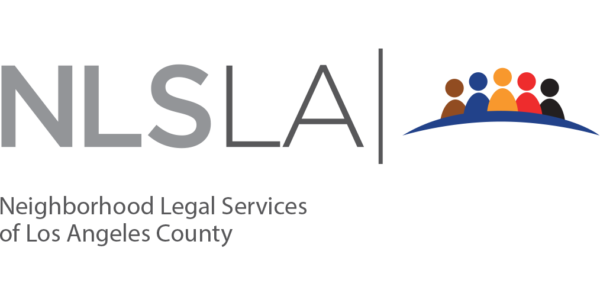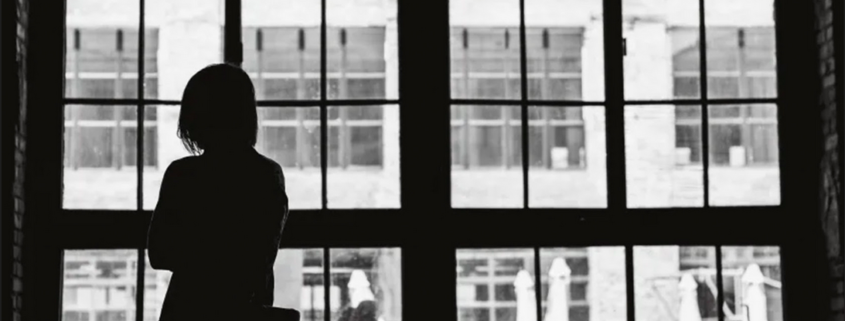NLSLA Sues To Protect The Immigrant Victims Of Violent Crimes
It’s been almost four years since A.S.’s husband tried to kill her, stabbing her repeatedly until a neighbor ran in to help. The shock and trauma of that day are still fresh, and A.S. can’t tell the story without breaking down.
“After the first time he stabbed me I still didn’t know what he was doing,” she said, struggling to speak.
While recovering from her injuries, A.S., who is undocumented, provided law enforcement with critical assistance that led to her abuser’s arrest and eventual conviction. Eager to find stability, she applied for a U-visa, a special immigration status available to victims who cooperate with authorities in the investigation and prosecution of violent crimes. But more than three years later, she is still waiting just to have her application processed so that she can get on a waitlist.
A.S. is one of four plaintiffs in a lawsuit filed in federal court by NLSLA and pro bono co-counsel Winston & Strawn, seeking to enforce their rights as bona fide petitioners for U-visas and demanding that immigration authorities make good on Congress’ promise to keep them safe.
“These four women—like countless others who are waiting for the protections promised to them—are courageous. They came forward to bring their abusers to justice. Yet, instead of protecting them, as Congress required, we have left them more vulnerable than ever,” said NLSLA Attorney Tzung-lin Fu.
Congress created the U-visa program to encourage immigrant victims of serious crimes to work with law enforcement while protecting them from deportation and allowing them an opportunity to begin their lives again in the United States. Because there is a low statutory cap on how many U-visas are granted each year, eligible applicants must be placed on a formal U-Visa waitlist, where they receive limited protection from deportation and an opportunity to apply for work authorization while their U-visa petition is pending.
But U.S. Citizenship and Immigration Services fails to process petitions and place victims with legitimate claims on the formal waitlist, leaving immigrant crime victims unprotected, at risk of detention by immigration authorities, and with no legal means of earning a living to support themselves and their families. Currently, victims must wait more than four years after filing their petitions just to get on the waitlist. A.S. has been waiting more than 36 months. She is homeless and unable to find employment without a work authorization.
“I want to work and I can work,” she said. “I went through something and it’s painful and it hurt. It still hurts. But I want to move on. I want to start over.” She is terrified of being deported to El Salvador, where her brother was killed in July.
U-visa petitioners who were the victims of domestic violence are especially vulnerable. Many depended on their spouses for income, and are left unable to support their children on their own without a work authorization. They are left homeless, their children’s schooling is disrupted, and their family is unable to heal from the trauma.
“By waiting years to be placed on the U-Visa waitlist, survivors of crime, including survivors of domestic violence, remain in vulnerable positions.” said Winston & Strawn Immigration Pro Bono Supervisory Attorney Nareeneh Sohbatian. “Often, a job is the only path to a safe, stable life for these families.”



